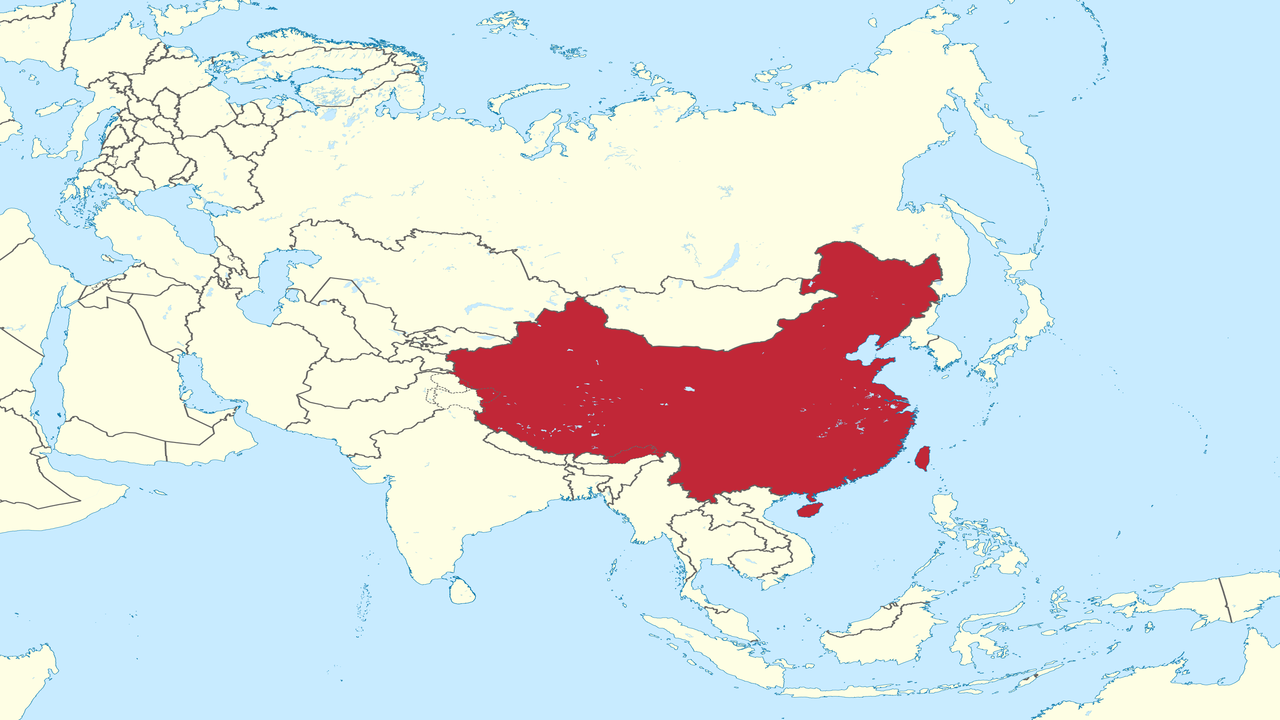Although nobody knows the exact date socialism was invented as a political-economic philosophy, there is general agreement that the idea of collective ownership of resources dates back to some of the earliest civilizations.
Antiquity
For example, some historians argue that ancient Egypt engaged in what they call theocratic socialism due to the fact that Egyptian pharaohs employed a centrally planned economy. The ancient Egyptian economy was almost entirely based on agriculture. The pharaoh owned the land, the peasants worked the land, and crop yields were held in giant granaries, which the pharaoh’s local officials distributed to the people. Yet, as will be illustrated, this system does not come close to what is considered socialism in the contemporary sense of the term.
Others point to ancient Greece as laying the foundation for socialism’s roots. In ancient Greece, private property rights were respected, and city-states were allowed to function semi-autonomously. Ancient Greece did not employ a centrally planned economy. On the other hand, it absolutely employed what could be called voluntary socialism under the customs of “koinonia” and “leitourgia.” But, as mentioned earlier, this was not state-sanctioned; it was entirely voluntary. Some historians also argue that Plato’s Republic, which argues in favor of collective property ownership and a society built on communes, was a significant step on the road to socialism.
There is also debate about the existence of socialist ideology in early Islamic settlements located near the modern-day Persian Gulf. This is referred to as “Islamic socialism.” Scholars typically note that some Islamic leaders, such as the first Muslim Caliph, Abu Bakr, were pioneering socialists because they introduced the concept of a universal basic income.
However, for all intents and purposes, the actual origins of socialism (as we understand the ideology in its modern form) began to take shape during the Industrial Revolution, which fundamentally transformed European society and thrust the philosophy of socialism upon the world stage.
Utopian Socialism
In the early 19th century, as the Industrial Revolution was just starting to take shape, a group of European intellectuals began touting their idea of a futuristic society wherein capitalists would voluntarily surrender their control over the means of production based on moral persuasion. They also believed this would lead to the eradication of social hierarchies, class divisions, and money as a medium of exchange.
In the 1820s, the Industrial Revolution was well on its way, refashioning Europe from a feudal, rural, and agriculture-based society into a modern, urban, industry-focused society. Along with this giant shift came the introduction of factories, a more technological society, and a new social hierarchy that placed capitalists at the top and workers at the bottom.
This time of immense and far-reaching change offered social reformers an opportunity to criticize the new way of life, especially the treatment of workers. At that time, many workers were chronically underpaid, required to work long hours in often dangerous conditions, and forced to live in utter poverty. Inevitably, philosophers and social critics came to the forefront, arguing for a new socioeconomic system that came to be known as utopian socialism.
Utopian socialists such as Louis Blanc, Charles Fourier, Charles Hall, Robert Owen, Pierre-Joseph Proudhon, and Henri de Saint-Simon saw the Industrial Revolution as a scourge. They argued that the Industrial Revolution increased inequality, left the masses in poverty, took advantage of workers, and enriched those at the top who owned the factories, otherwise known as the “means of production.”
To fight this new social problem, they proposed sweeping reforms meant to level the economic playing field while pushing society in a more egalitarian direction. For example, the Robert Owen-inspired Owenites advocated for the establishment of self-contained “utopian communities” of about 1,200 people on 1,500-acre plots. In such communities, housing and food would be completely free, children would be cared for and educated by the community, all property would be shared, work would be communal, and the entire community would be self-sufficient. During the 1820s and 1830s, the Owenites and similar groups created such communities throughout Europe and the United States. However, all of these “utopian communities” eventually failed due to persistent shortages of food and other consumer goods, inner turmoil, and a lack of organization.
In the minds of utopian socialists, “socialism is the expression of absolute truth, reason and justice, and has only to be discovered to conquer all the world by its power.” In other words, they believed that socialism would inevitably unseat free-market capitalism as the dominant political-economic ideology simply because it was morally superior to all other systems. Yet, just as the utopian socialists were losing momentum and seeing their “utopian communities” collapse, a new brand of socialism was well on its way to changing the world forever.
In 1864, as the Civil War was being fought in the United States, a wide array of socialist-aligned groups in Europe met in London under what was known as the First International. By this time, utopian socialism was mostly discredited and disfavored, which opened the door for a new socialist philosophy based on the writings of Karl Marx and Friedrich Engels. In 1848, Marx and Engels wrote The Communist Manifesto, which would become the gospel of modern socialism.
Chris Talgo (CTalgo@heartland.org) is the editorial director and a research fellow at The Heartland Institute, as well as a researcher and contributing editor at StoppingSocialism.com.






